Overview of the 69th IAEA General Conference
The 69th International Atomic Energy Agency (IAEA) General Conference serves as a significant platform for nuclear policy discourse among member states. Scheduled to take place from September 25 to September 29, 2023, at the IAEA headquarters in Vienna, Austria, this gathering is designed to address pressing issues surrounding the peaceful use of nuclear energy. With 180 member states participating, the conference provides an essential forum for policy-making and strategic decision-making in the sphere of nuclear safety, security, and technology.
This year’s conference continues the longstanding tradition of facilitating dialogue and cooperation among stakeholders engaged in nuclear-related fields. It is attended by government representatives, technical experts, and members from international organizations and non-governmental organizations (NGOs), reflecting a diverse array of perspectives and interests. Such representation underscores the conference’s pivotal role in fostering international collaboration on nuclear matters and ensuring that decisions are made transparently and democratically.
Among the significant objectives of the General Conference is the reaffirmation of the IAEA’s commitment to promoting the peaceful use of nuclear energy while ensuring robust safety standards. The agenda includes discussions on various topics, such as advancements in nuclear technology, emergency preparedness for nuclear incidents, and the role of nuclear science in addressing climate change. Additionally, the conference will facilitate networking opportunities and the exchange of best practices, supporting the overarching goal of enhancing global nuclear governance.
In summary, the 69th IAEA General Conference stands as a crucial event for shaping future nuclear policies. As the primary decision-making forum for the IAEA, it embodies the collective ambitions of its vast membership, influencing the trajectory of nuclear energy discussions on a global scale.
Plenary Sessions and Resolutions
The 69th IAEA General Conference commenced with a series of plenary sessions that served as pivotal moments for setting the tone and agenda for discussions on nuclear policy. The initial statements from Director General Rafael Mariano Grossi and other prominent figures underscored the significance of the conference in addressing urgent global challenges associated with nuclear energy, safety, and security. These opening remarks highlighted the IAEA’s commitment to fostering international collaboration in promoting the peaceful use of nuclear science, while also stressing the importance of ensuring that the nuclear non-proliferation treaty (NPT) remains a cornerstone of global stability.
During the plenary sessions, delegates from member states proposed various resolutions that address a broad spectrum of issues ranging from budget allocations to initiatives aimed at reinforcing non-proliferation efforts. Each proposed resolution underwent meticulous deliberation, with representatives discussing implications for member states and the international community as a whole. This process not only reflects the democratic nature of the General Conference but also underscores the necessity for consensus in formulating effective nuclear policies that resonate on a global scale.
In reviewing resolutions from the previous conference, it becomes evident how past discussions have shaped current frameworks for international cooperation in nuclear science. Resolutions adopted in prior years have led to substantial advancements in nuclear safety standards, enhanced measures for emergency preparedness, and strengthened global safeguards. These outcomes illustrate the vital role of the General Conference in navigating the complexities of nuclear governance, promoting transparency, and fostering trust among nations. The resolutions passed during this year’s conference are anticipated to contribute significantly to the overarching objectives for the coming year, ensuring sustained progress in nuclear policy development.
Scientific Forum and Side Events
The IAEA General Conference has long served as a significant venue for advancing discourse in nuclear technology, particularly through the annual Scientific Forum and various side events that complement the main agenda. These forums provide a platform for in-depth discussions among scientists, policymakers, and industry experts, fostering collaboration and consensus on critical topics facing the global community. Over the years, the themes tackled within these events have encompassed a broad spectrum, including safety regulations, advancements in nuclear medicine, and innovative waste management solutions.
The upcoming 2025 Scientific Forum will specifically focus on water management through nuclear techniques, underlining the intersection of nuclear technology and environmental sustainability. Water scarcity is a pressing global challenge, and the application of nuclear methods in monitoring and conserving water resources represents a forward-thinking approach to mitigating this issue. By inviting experts from diverse fields, the forum aims to facilitate knowledge sharing and stimulate discussions that can lead to actionable strategies for managing water resources more effectively.
In addition to the Scientific Forum, numerous side events are organized to complement the conference’s main themes. These events include exhibitions where cutting-edge innovations and scientific advancements are showcased, allowing participants to witness the latest technologies and methodologies developed within the nuclear sector. Such exhibitions enhance the knowledge exchange, enabling real-time dialogue about emerging trends and challenges in nuclear science.
The significance of these side events cannot be understated, as they serve crucial networking purposes and help solidify relationships among international stakeholders. By creating an environment conducive to collaboration, these activities contribute to addressing complex global challenges through nuclear technology, establishing a foundation for future initiatives and partnerships.
Communication and Collaboration Among Member States
The 69th IAEA General Conference serves as a vital platform for interaction among representatives from 180 member states, highlighting the significance of effective communication in addressing complex nuclear policy issues. The diverse cultural and linguistic backgrounds of attendees necessitate robust support mechanisms, whereby the United Nations’ interpretation and translation services play a crucial role. These services enable seamless dialogue across multiple languages, ensuring that all countries can participate fully in discussions and contribute to the decision-making process.
These linguistic services are instrumental not only in facilitating conversations but also in helping to convey nuanced positions on varying nuclear policies. However, the challenge lies in reconciling diverse national perspectives, particularly when consensus is sought on critical issues such as non-proliferation and nuclear safety. Member states often enter discussions with differing priorities and interpretations of policies, which can lead to complexities in negotiations. The ability to articulate these positions clearly and accurately is therefore paramount.
Despite the structured framework for communication, achieving consensus can be fraught with challenges. Representatives may encounter differing opinions shaped by national interests and geopolitical contexts, which can complicate collaborative efforts. Nonetheless, constructive dialogue remains pivotal as member states strive to find common ground. Ongoing initiatives have emerged in light of controversies that may arise during the electoral processes inherent to the conference dynamics. These initiatives are geared towards fostering a spirit of collaboration, encouraging dialogue, and solidifying partnerships among member states. By focusing on shared goals and mutual understanding, the conference aims to shape the future landscape of nuclear policy effectively. As member states engage actively, they lay the groundwork for a more cohesive and cooperative approach to addressing global nuclear challenges.
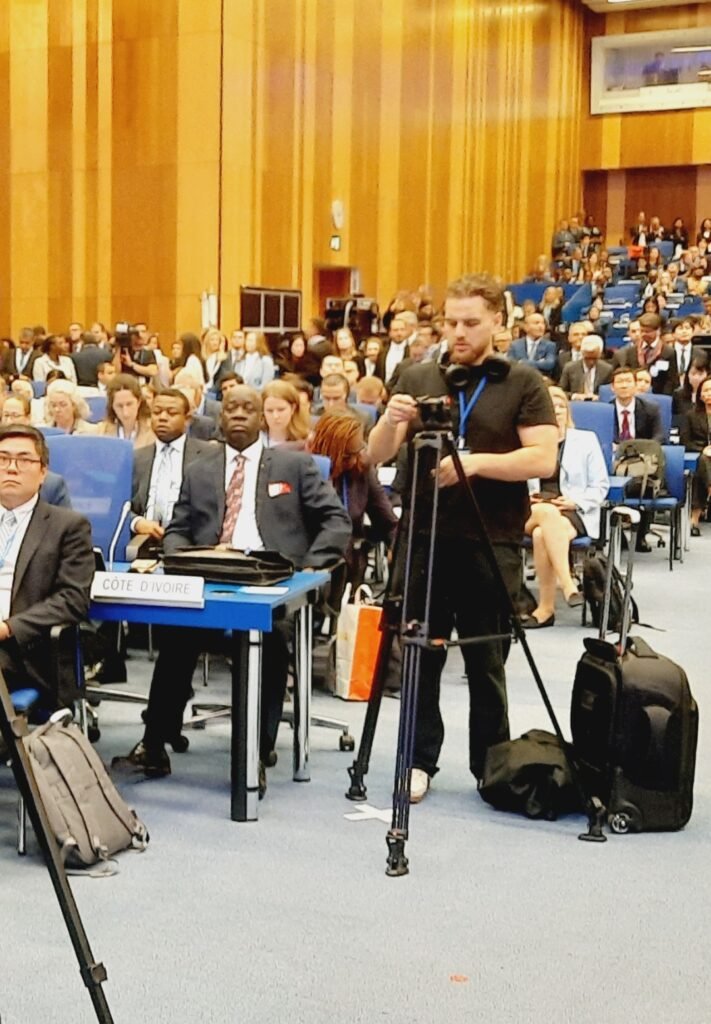
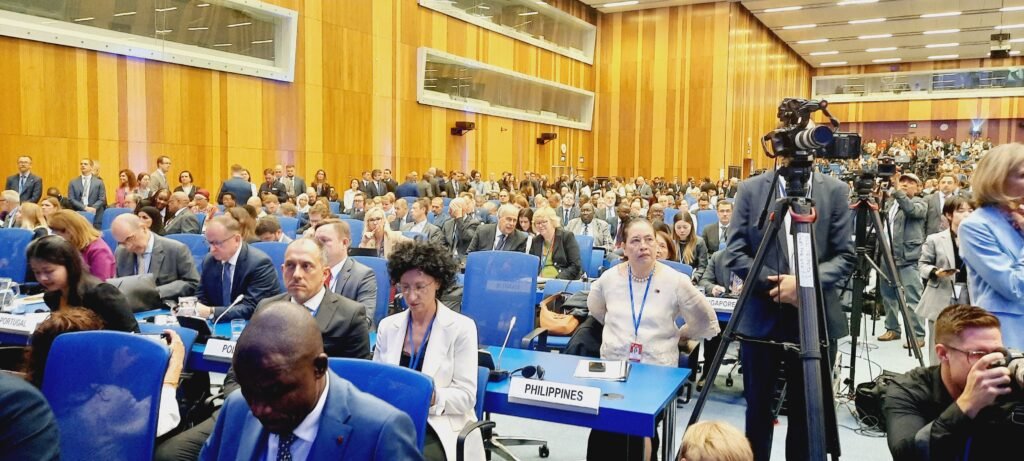
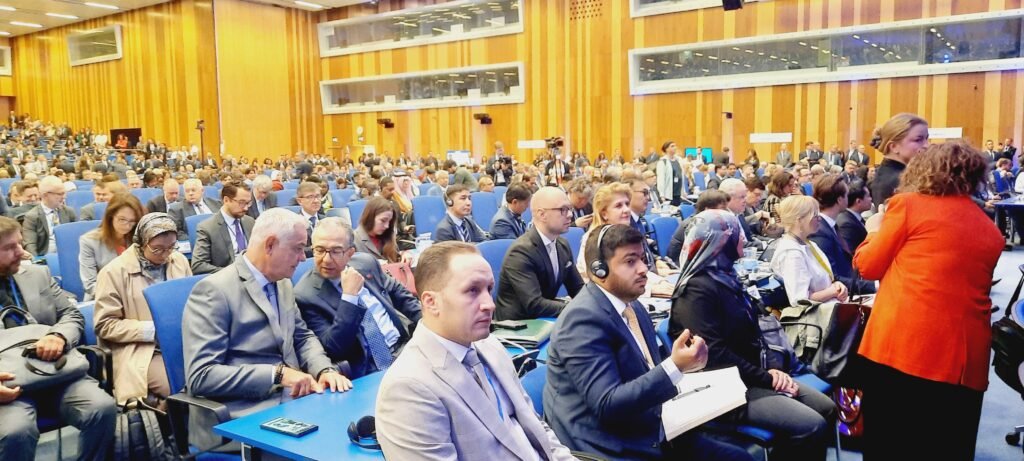
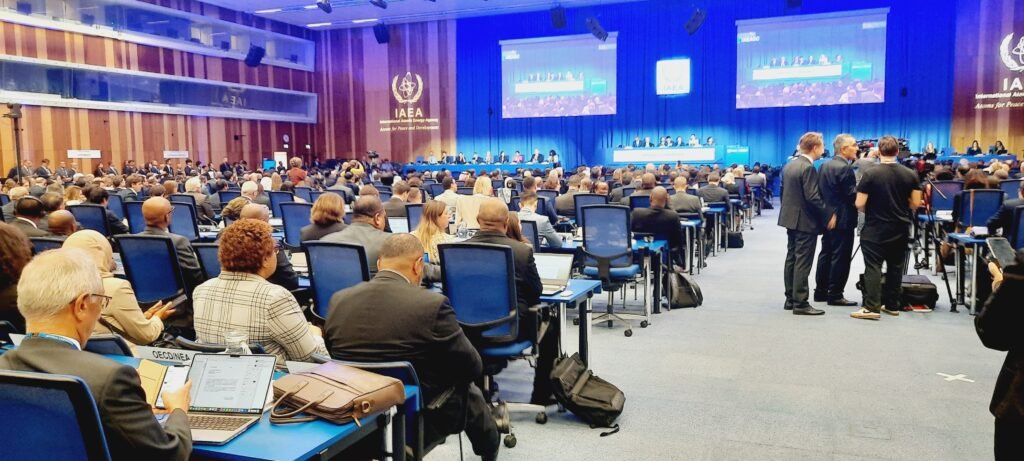
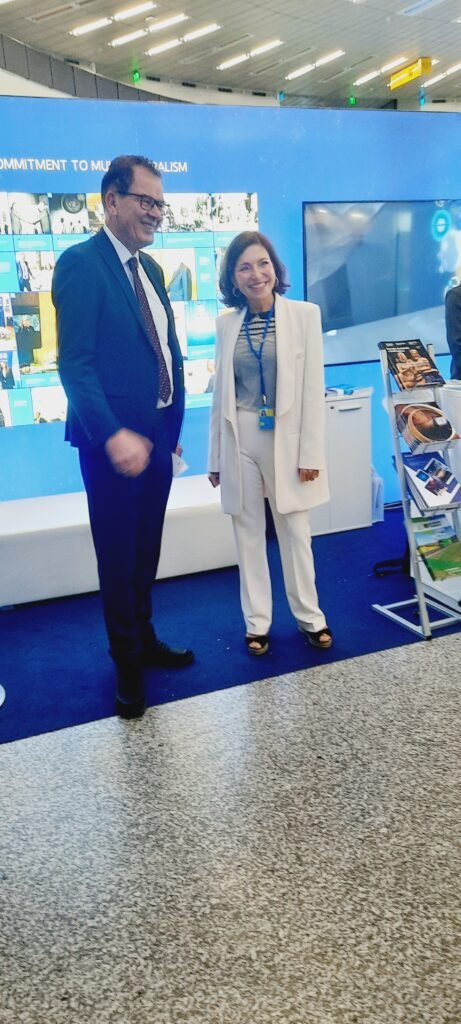
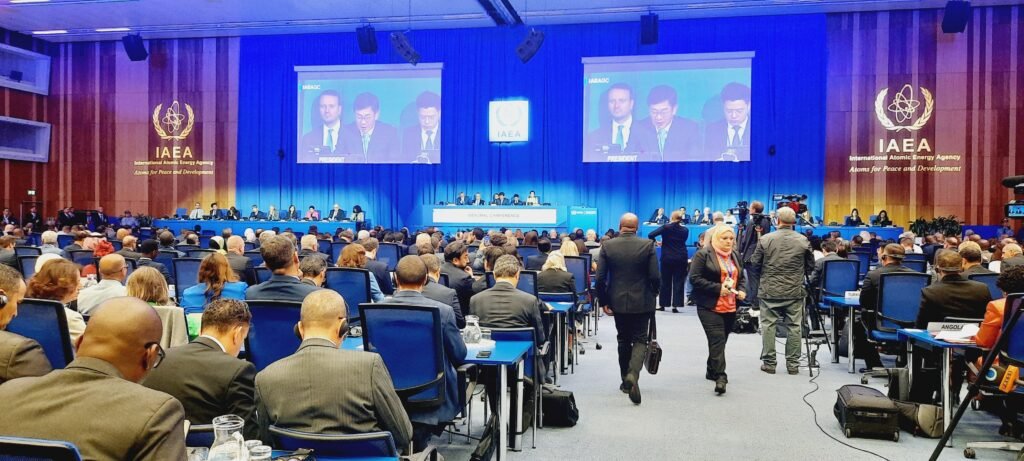
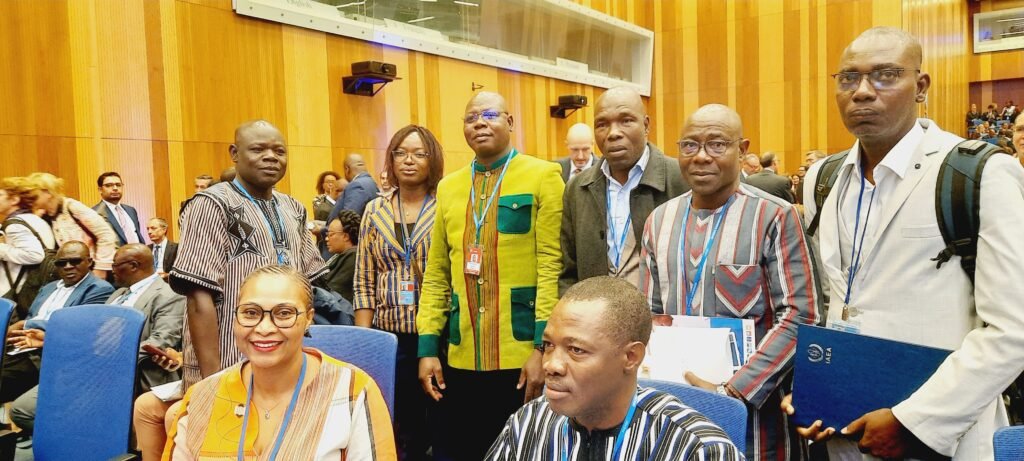
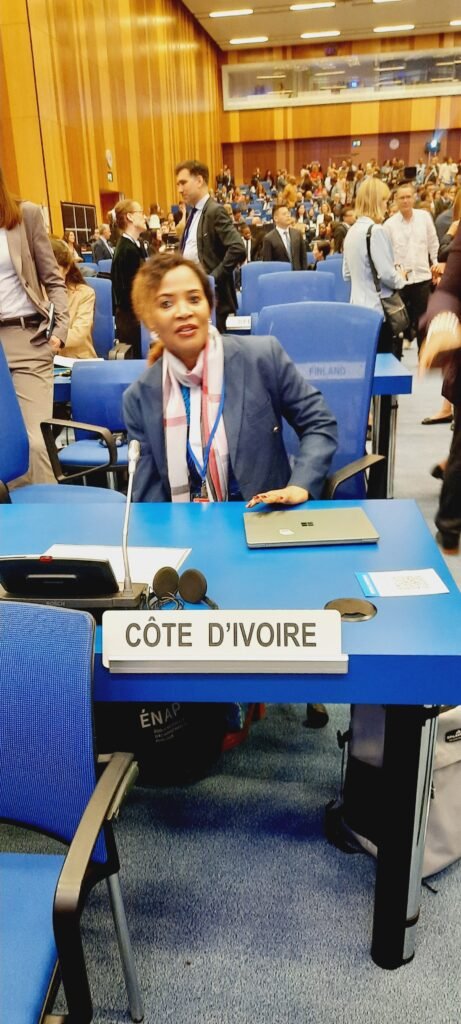
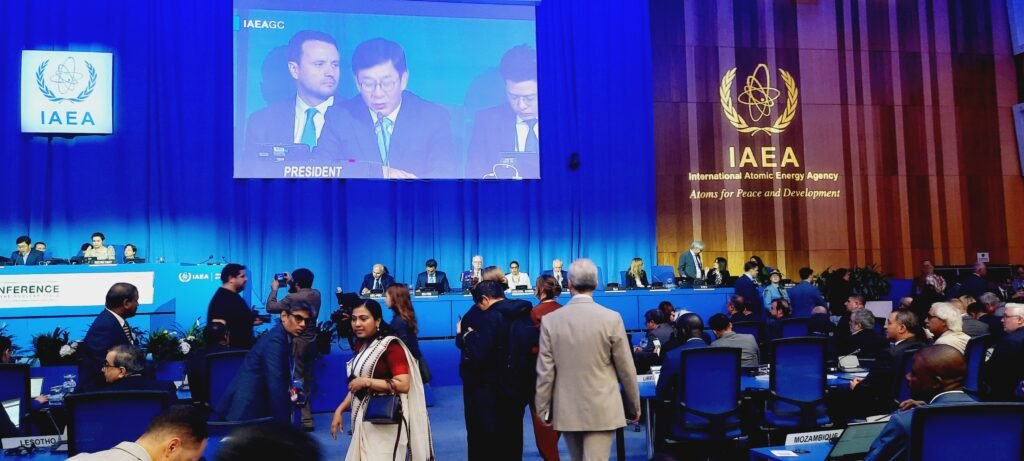
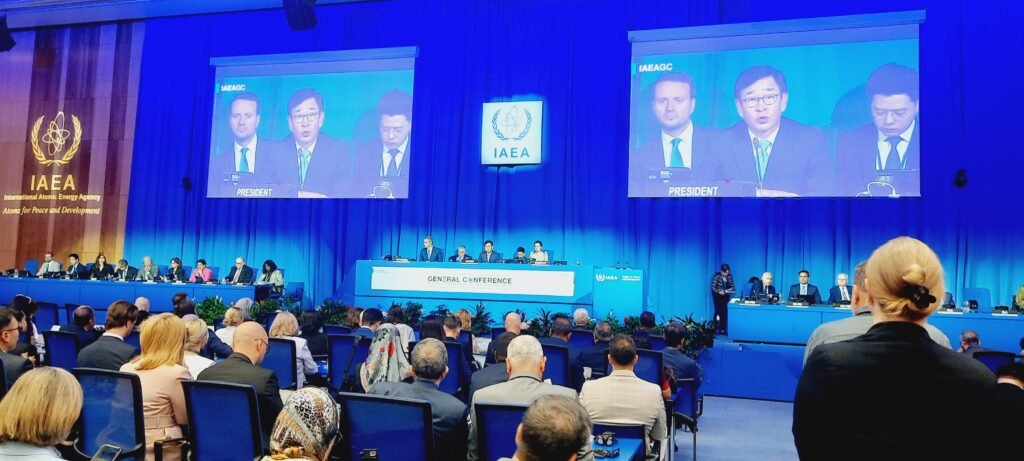
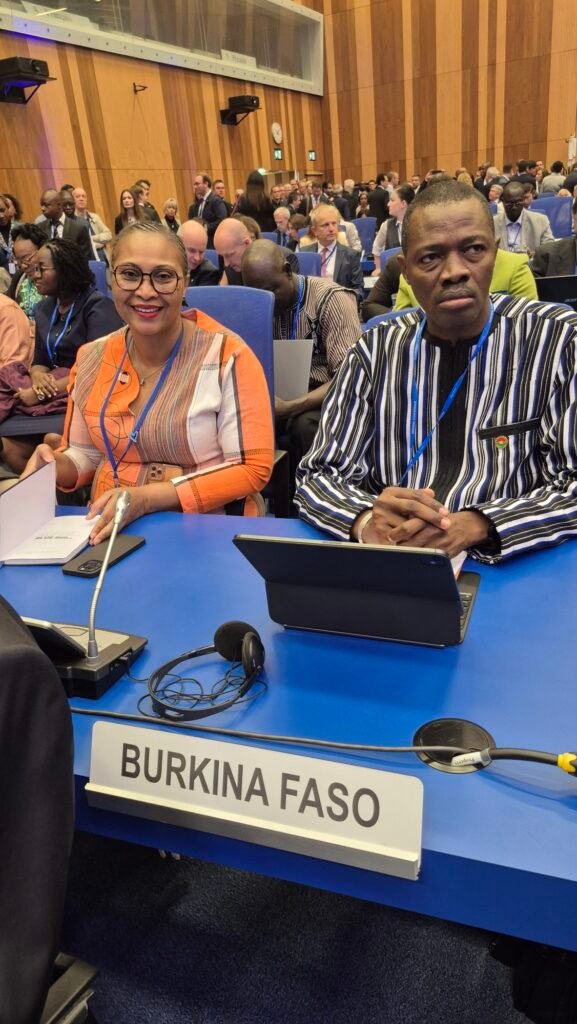
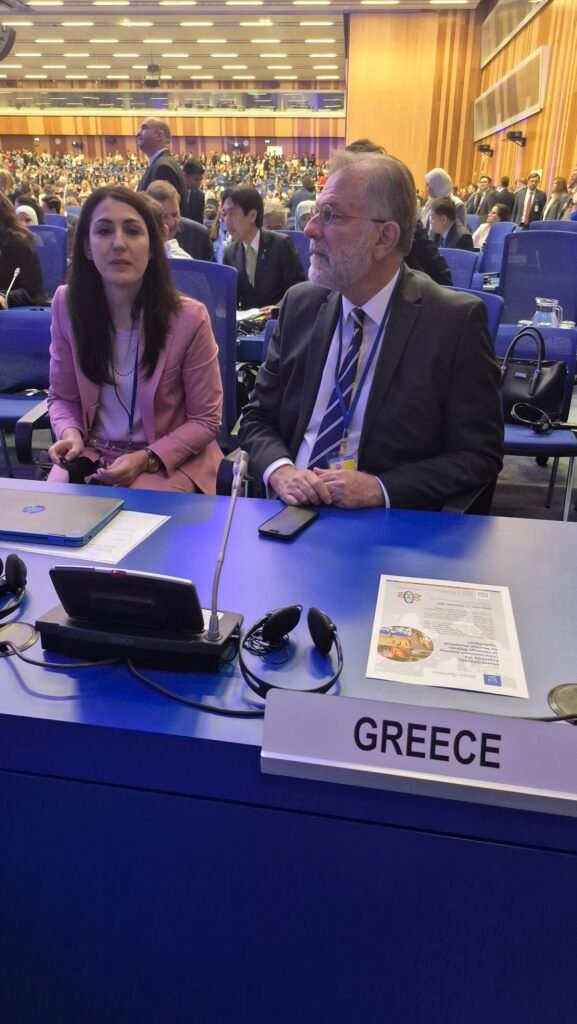
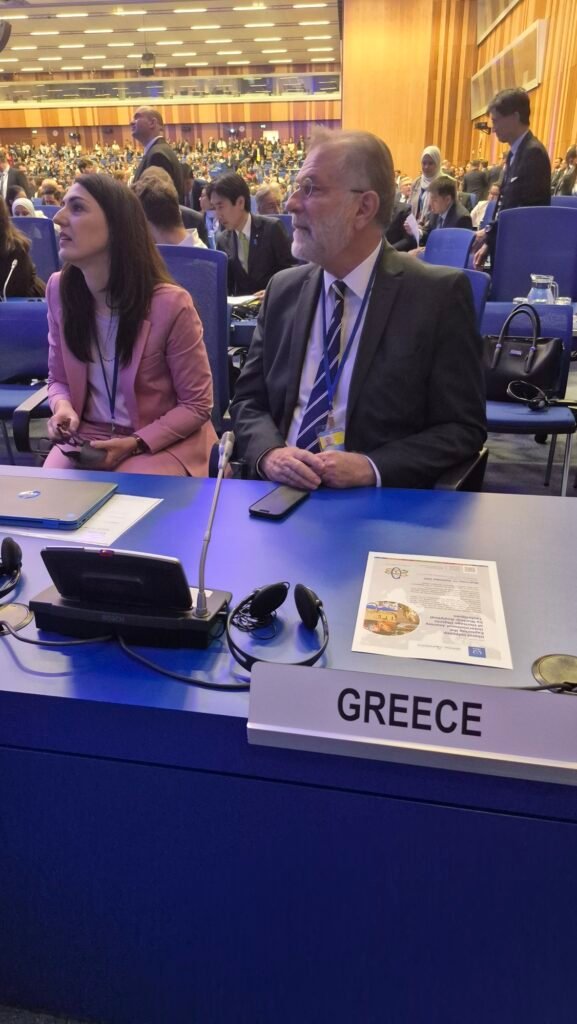
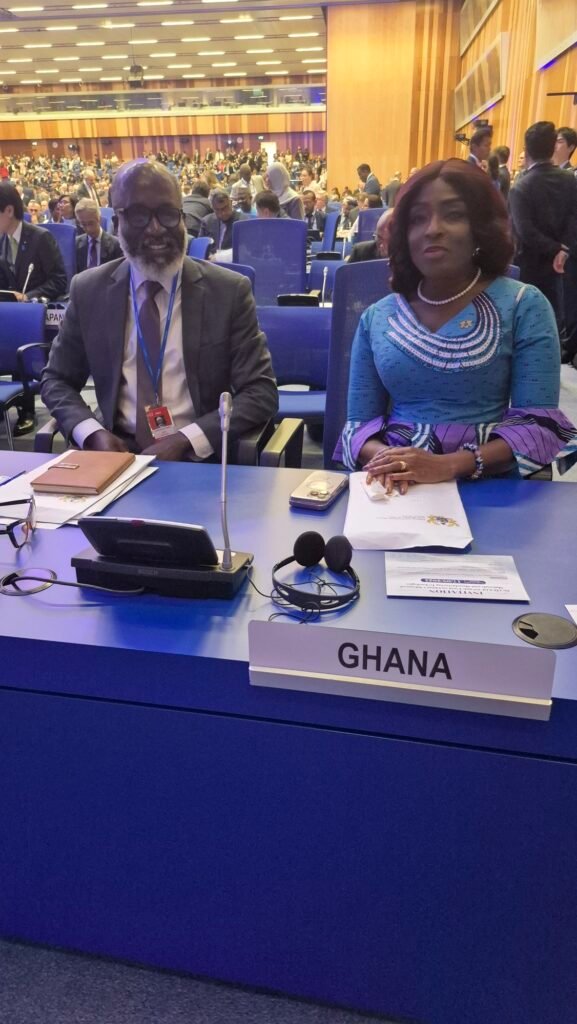
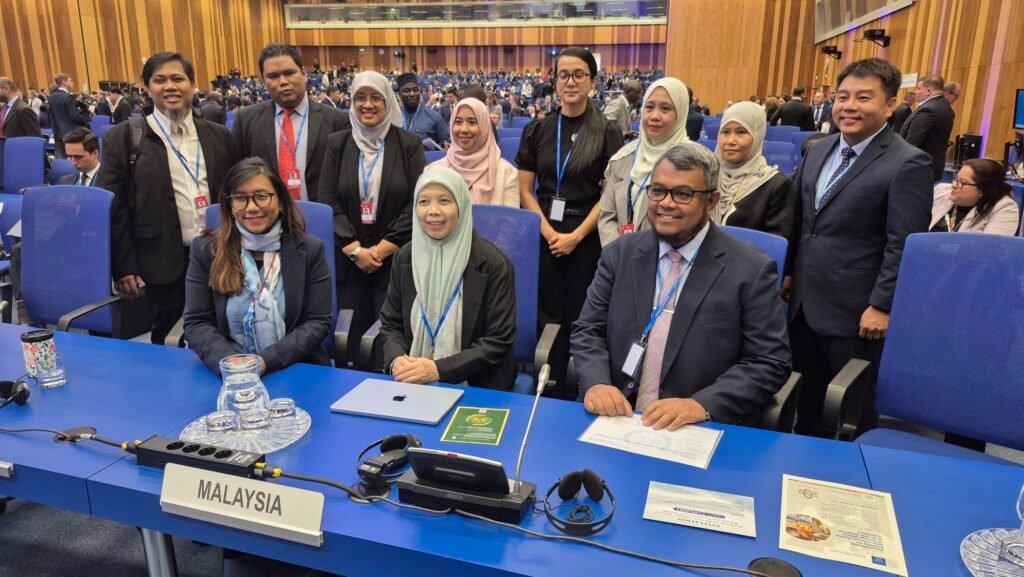
Frequently Asked Questions
I like what you guys are up also. Such clever work and reporting! Carry on the excellent works guys I have incorporated you guys to my blogroll. I think it will improve the value of my website :).


so much fantastic information on here, : D.
very nice post, i definitely love this website, keep on it
I do agree with all of the ideas you have presented in your post. They are really convincing and will certainly work. Still, the posts are very short for beginners. Could you please extend them a bit from next time? Thanks for the post.
I like what you guys are up also. Such intelligent work and reporting! Keep up the superb works guys I have incorporated you guys to my blogroll. I think it will improve the value of my website 🙂
Hi there would you mind stating which blog platform you’re working with? I’m looking to start my own blog soon but I’m having a tough time deciding between BlogEngine/Wordpress/B2evolution and Drupal. The reason I ask is because your layout seems different then most blogs and I’m looking for something completely unique. P.S My apologies for getting off-topic but I had to ask!
I haven¦t checked in here for a while as I thought it was getting boring, but the last several posts are great quality so I guess I¦ll add you back to my daily bloglist. You deserve it my friend 🙂
Rattling nice style and design and superb content, very little else we require : D.
Hi there, just became aware of your blog through Google, and found that it’s truly informative. I’m gonna watch out for brussels. I’ll be grateful if you continue this in future. Numerous people will be benefited from your writing. Cheers!
Good day I am so happy I found your site, I really found you by accident, while I was browsing on Yahoo for something else, Regardless I am here now and would just like to say cheers for a marvelous post and a all round exciting blog (I also love the theme/design), I don’t have time to look over it all at the minute but I have bookmarked it and also added in your RSS feeds, so when I have time I will be back to read much more, Please do keep up the superb work.
I have been surfing online more than 3 hours today, yet I never found any interesting article like yours. It is pretty worth enough for me. In my opinion, if all site owners and bloggers made good content as you did, the net will be a lot more useful than ever before.
You actually make it seem so easy with your presentation but I find this topic to be actually something that I think I would never understand. It seems too complex and extremely broad for me. I am looking forward for your next post, I will try to get the hang of it!
Great web site. A lot of helpful information here. I am sending it to some pals ans additionally sharing in delicious. And of course, thanks on your effort!
Only wanna comment on few general things, The website design and style is perfect, the content material is very superb. “All movements go too far.” by Bertrand Russell.
Nearly all of what you mention is supprisingly precise and it makes me wonder the reason why I had not looked at this with this light before. This article really did switch the light on for me personally as far as this subject goes. Nonetheless at this time there is just one factor I am not too cozy with and whilst I try to reconcile that with the actual central theme of the point, allow me observe just what all the rest of your subscribers have to point out.Well done.
I’d have to examine with you here. Which is not one thing I usually do! I take pleasure in reading a post that may make folks think. Additionally, thanks for permitting me to comment!
Heya i am for the first time here. I found this board and I to find It really useful & it helped me out a lot. I hope to provide something again and aid others such as you aided me.
I am now not certain where you are getting your info, however great topic. I needs to spend some time finding out more or understanding more. Thank you for magnificent info I was in search of this information for my mission.
Real good visual appeal on this website , I’d value it 10 10.
I got what you mean ,bookmarked, very nice internet site.
Thanks for each of your hard work on this website. Gloria loves making time for internet research and it is easy to see why. My spouse and i know all concerning the lively tactic you create advantageous ideas by means of the website and even recommend response from other ones on that matter and our favorite princess is certainly starting to learn so much. Take advantage of the remaining portion of the new year. Your doing a splendid job.
Regards for helping out, good information.
Everything is very open and very clear explanation of issues. was truly information. Your website is very useful. Thanks for sharing.
You should take part in a contest for one of the best blogs on the web. I will recommend this site!
hello!,I like your writing very much! share we communicate more about your article on AOL? I need a specialist on this area to solve my problem. May be that’s you! Looking forward to see you.
I like what you guys are up also. Such clever work and reporting! Carry on the excellent works guys I have incorporated you guys to my blogroll. I think it will improve the value of my website :).